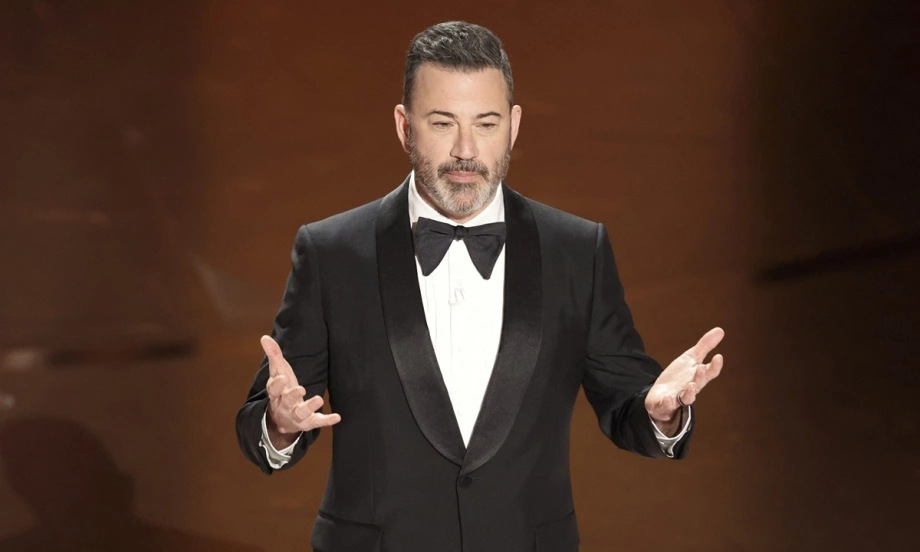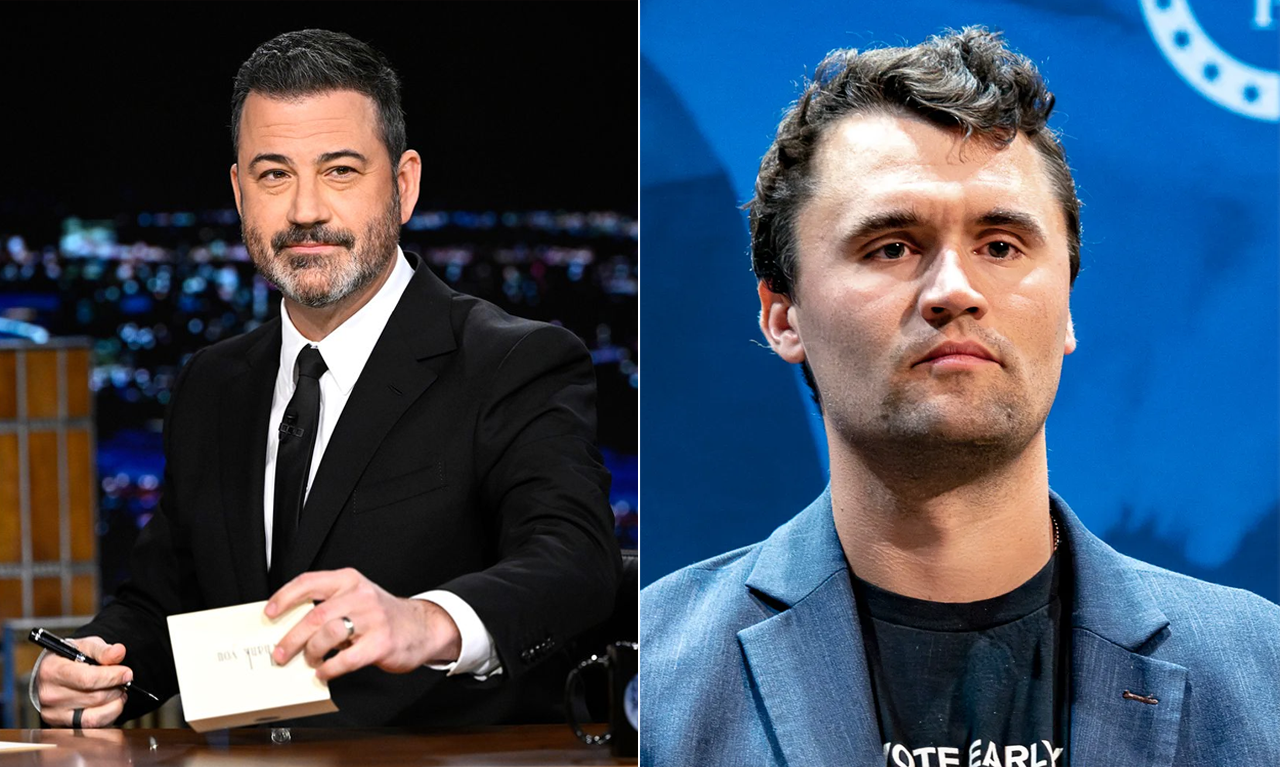In one of the most controversial moments of his career, late-night host Jimmy Kimmel opened his show with a monologue that would set off a firestorm in American media and politics. Addressing the shocking death of conservative activist and podcaster Charlie Kirk, Kimmel delivered a pointed statement that began with: “Thank you for coming to Los Angeles, the second largest city in a deeply divided nation, where we are still trying to understand the senseless murder of Charlie Kirk, a death that has sparked anger and dissent.”
While Kimmel is no stranger to political commentary, his choice of words and the tone of his remarks triggered immediate backlash, particularly from conservative circles and media executives under pressure from Washington. Within hours of the segment airing, ABC, the network behind Jimmy Kimmel Live!, faced mounting criticism that ultimately led to an unprecedented move: the show was suspended indefinitely.
The Death of Charlie Kirk and Its Fallout
Charlie Kirk’s assassination sent shockwaves across the United States. Known as a staunch supporter of former President Donald Trump and founder of Turning Point USA, Kirk was both celebrated and vilified depending on political affiliation. His death was bound to provoke intense national debate. Yet what followed was not only grief but also a bitter clash over how his legacy and the circumstances of his death should be discussed in public.
Kimmel, whose late-night platform has long combined comedy with sharp political critique, chose to address the issue head-on. For some, his framing of Kirk’s murder as a symbol of America’s fractured politics was poignant. For others, especially those already skeptical of Hollywood liberals, his words were seen as mocking, tasteless, and opportunistic.
Pressure from Regulators and Media Giants
What made this situation escalate so quickly was not just the outrage of viewers but the involvement of regulators. Brendan Carr of the Federal Communications Commission (FCC), an outspoken Trump ally, publicly suggested that affiliates should reconsider airing Kimmel’s show if ABC failed to act. This statement alone raised concerns about political overreach into media independence, but the pressure was effective.
Nexstar Media Group, which owns a large number of ABC affiliates, quickly announced that it would pull Jimmy Kimmel Live! from its stations indefinitely, citing Kimmel’s remarks as “offensive and insensitive at a critical time in our national political discourse.” That announcement created a domino effect, pushing ABC and its parent company Disney to take the dramatic step of suspending the show altogether.
Free Speech or Crossing the Line?
The debate now raging across the nation centers on whether Kimmel was exercising his right to free speech or whether he crossed a line by using a fresh tragedy for political commentary. Supporters argue that late-night television has always been a platform for satire, dissent, and uncomfortable truths. They see the silencing of Kimmel as a dangerous precedent, one that allows political pressure to dictate what comedians and commentators can say.
Critics, however, insist that Kimmel’s remarks were not just satire but an example of Hollywood’s callous disregard for conservative voices. They claim that mocking or politicizing Kirk’s death—before his family and supporters even had time to grieve—was a blatant display of bias and poor taste.
ABC’s Dilemma and Kimmel’s Future
For ABC, the decision to suspend Jimmy Kimmel Live! is as much about public relations as it is about corporate survival. With advertisers nervous and affiliates threatening revolt, the network’s executives likely saw no other option. Yet the move has sparked a backlash from progressives and free speech advocates who accuse Disney and ABC of caving to political intimidation.
As for Kimmel himself, the future is uncertain. Known for his resilience and unapologetic style, he may attempt to defend his comments publicly in the coming days. But the suspension represents a significant blow not only to his career but to the tradition of late-night television as a forum for cultural and political debate.
A Nation on Edge
What this controversy ultimately reveals is the fragility of America’s current political climate. The murder of Charlie Kirk was already a flashpoint for anger and division. Kimmel’s commentary, whether viewed as bold truth or reckless mockery, only poured gasoline on a fire that was already burning.
In many ways, the reaction to his words illustrates exactly the point he was trying to make: America is a deeply divided nation, struggling not only with violence and loss but also with how we talk about those events. Silencing a comedian may provide short-term relief for corporations and politicians, but it does little to address the real fractures at the heart of the country.
As debates continue over whether Kimmel was wronged or whether ABC was justified, one truth remains: this incident has set a new precedent for the relationship between politics, media, and entertainment. The boundaries of free expression, satire, and corporate responsibility are being tested in real time—and the outcome will shape the future of American broadcasting for years to come.






